Why there is so much confusion between empaths and codependency? Codependency can be pretty much intertwined with empath traits. Empaths are actually highly intuitive, helpful, and spiritually open individuals. A combination of these can often get them into unhealthy relationship equations with toxic narcissists. And once that happens, the scenario begins to look more like codependency.
You may have heard the keywords and phrases associated with the much-debated topic of empaths by now. “Highly-sensitive“, “claircognizant”, “takes on others’ thoughts and emotions”, “can’t distinguish between their own feelings and others’” and the list goes on.
Most of it is true in the sense that, both psychologically and spiritually, empaths are now known to be people who are “super-responders” (a term used by Dr. Judith Orloff, the author of “The Empath’s Survival Guide“) and can feel and sense more than the average person.
Empaths are pretty much tuned to other people’s feelings and they can sense deep emotions beyond what other people are actually expressing. Most often, knowing others’ needs make them drawn to helping others. But sometime’s this tendency may go too far to the point that they thrive on others’ emotions and feelings, that’s the time they make the inclination towards codependency.
So What Is Codependency?

Co-dependency is a state of getting into relationships that are unhealthy and can cause endless grief to both people involved. It is thought to be a behavioral trait in dysfunctional families and is often referred to as “relationship addiction”. It is also thought to be a learned behavior, that passes from generation to generation.
What Do Empaths Have To Do With This?
There are multiple opinions on the connection between empaths and codependency. One of them talks of the great need empaths generally feel to understand people around them and even provide support as far as they can.
The catch here is that empaths typically attract people who either have a victim narrative or an attention-seeking narrative (the narcissist). What compounds the problem further is that empaths usually have poor boundaries themselves, which means they can get sucked into such relationship patterns rather easily.
Another view on this connection is that codependency can often be masked under the label of “empath”. How? Well, you may genuinely be an empath, with a high quotient of empathy and sensitivity, but you may not be aware of how this plays out in your relationships. So you might stay in the same relationships, feeling stuck, feeling unhappy, unconsciously playing out the co-dependent side of your own nature.
What Can You Do To Let Go?
Now whether you’ve consciously regarded your empathic abilities and allowed them to be of service to others or unconsciously been pulled into destructive equations, the truth is it has affected your own energy levels, your peace of mind, and your wellness in the long run.
It is not necessary that you get rid of some of these qualities that define you or even make you who you are – but what’s important is to be able to hold more functional interactions and relationships for yourself.
Related: Are You Losing Yourself In Your Relationship? Stages of Codependency and What To Do
The Following Could Be Your First Steps If You Want To Heal From Your Own Codependent Patterns.
1. Become more aware of why you do what you do
One defining feature of empaths and most of it is because of the empathy they carry, is to try and ease the pain of others. When you transpose this on to a co-dependent dynamic, what the empath does is “save” the victim or “attend to” the narcissist.
For many empaths with a leaning towards codependency, the first reaction is to make someone else feel better about themselves. This is often so habitual that you might not be able to catch it. With the intention of witnessing your own behavior though, you can get there. To make it even more structured, maintain a journal that you can go back to write in, time and again.
2. Become clear about negative self-talk
The propensity of empaths to focus on what has gone wrong is real. Come to think about it, it is also explainable. A lot of empaths are born in families that are dysfunctional, which means that even as they develop their skills of intuiting and empathizing, a high amount of focus is on people around them.
Dysfunctional families don’t have the emotional bandwidth to support their empath child, but if they were to make mistakes, criticism or punishment is often severe. So you can see how negative self-talk may develop in an empath. But what you could not acknowledge as a child, you can now. And to find your way to the truth that you can’t always help or save everyone.
3. Become conscious of your own needs
Almost as a corollary to the point above, as you begin to draw more attention to negative-self talk and receive yourself with more compassion, you might notice something else has shifted: the ability to pay attention to your own needs.
This is perhaps one of the biggest issues an empath faces through their life unless they begin to bring conscious control to their behavior. Once you’re in touch with your own needs, it’ll be a step forward in letting go of codependency.
Related: Codependency Addiction: Stages of Disease and Recovery
4. Become aware of the “right” boundaries
Empaths often balk at saying no or exerting their own influence on a situation. Their need to empathize and be available is so strong that boundaries naturally get watered down.
As an empath, you may often be left with a drained feeling and a sense that you are not being able to stand up for yourself. The moment you begin drawing effective boundaries, other people’s dysfunctional patterns cease to impede your growth.
5. Become mindful of your own self-worth
Empaths, and especially those that get caught in co-dependent patterns, have a hard time believing their own worth. While they often intuit and sense much more than the average person, it is common for them to second-guess themselves.
Overstimulation around people and circumstances does not help. So over a period of time, many empaths go into a shell and show only a fragmented part of themselves. A way to distance yourself from codependency as an empath is to really recognize that you have the power to make changes and turn things around.
While empaths and codependency can often have an association, it does not mean the end of the world. Co-dependent structures are sure tough binds to break out of and empaths are not exceptions. However, with intent towards awareness and change can eventually set you free.
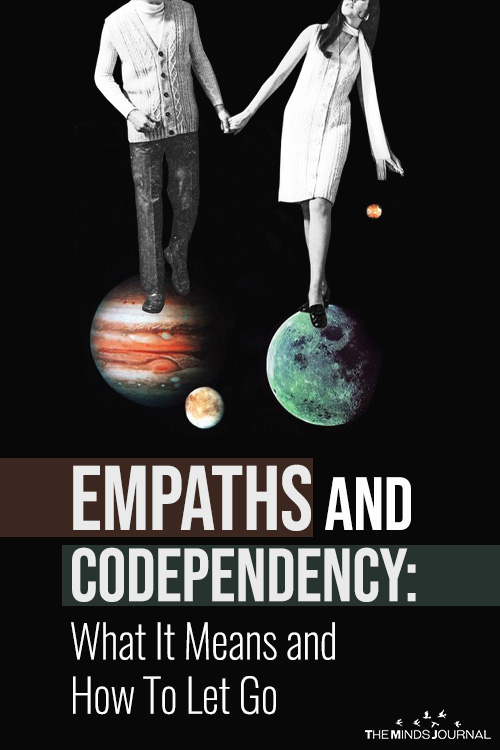
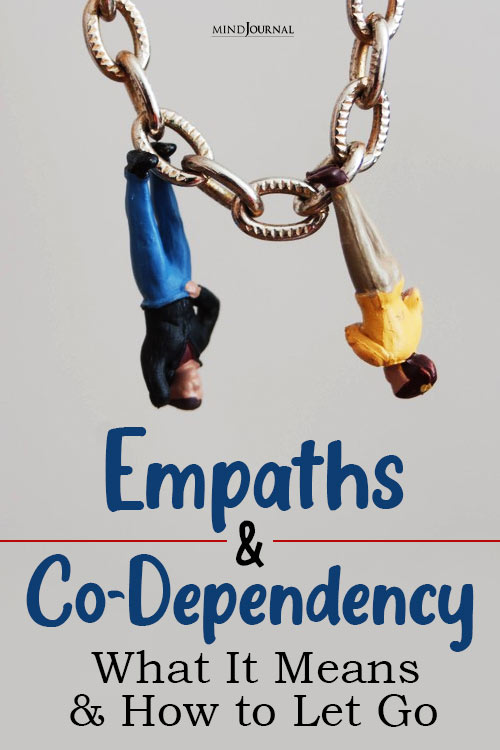
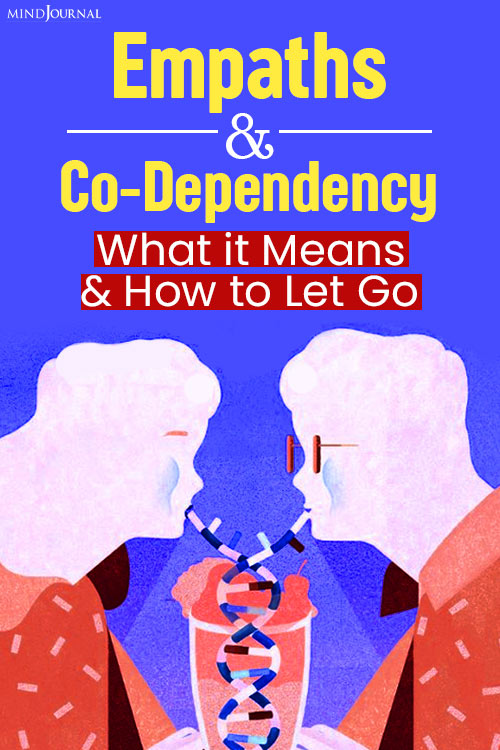
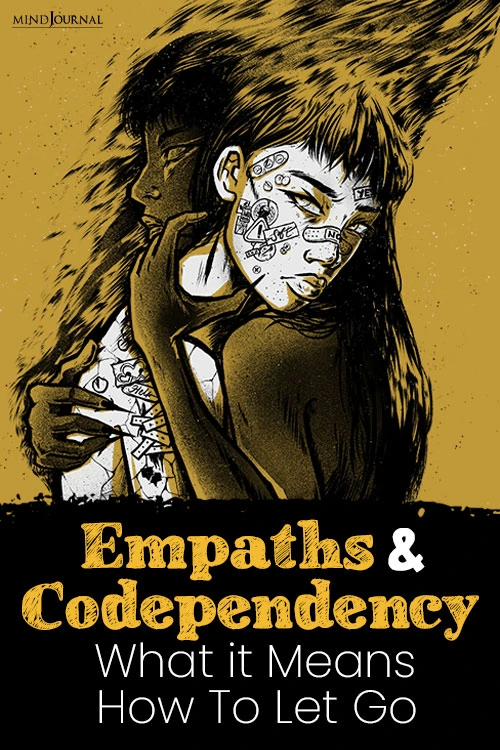
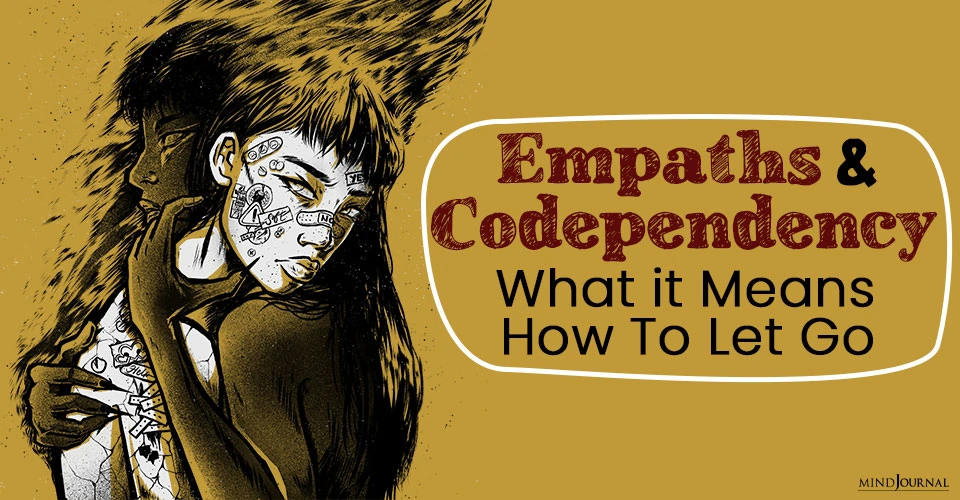
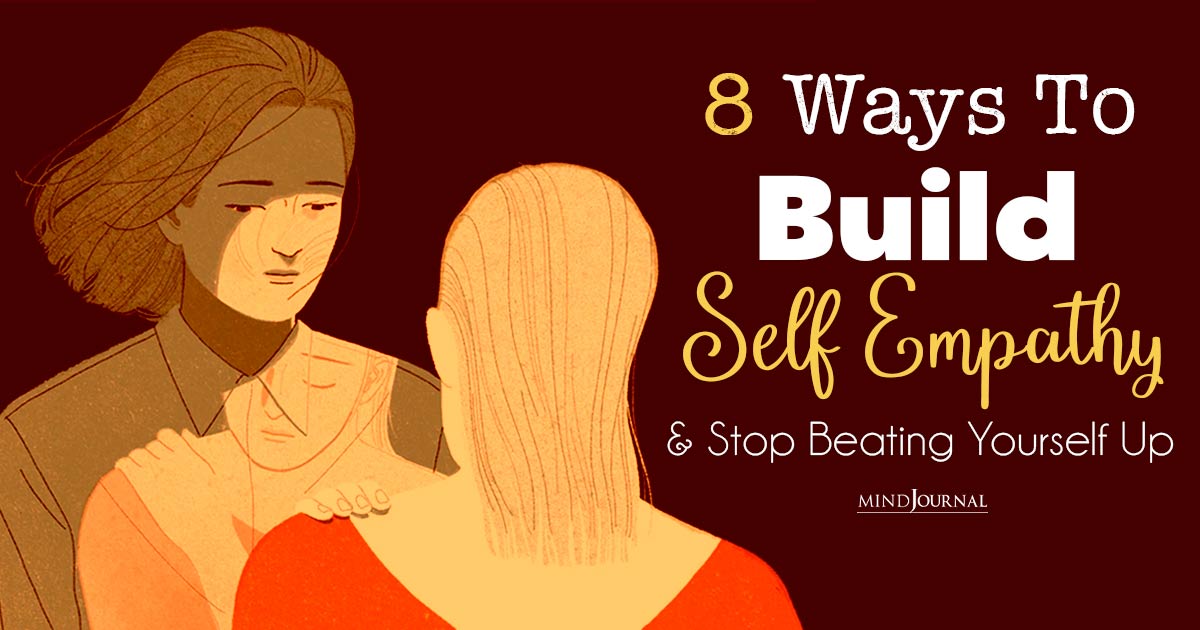
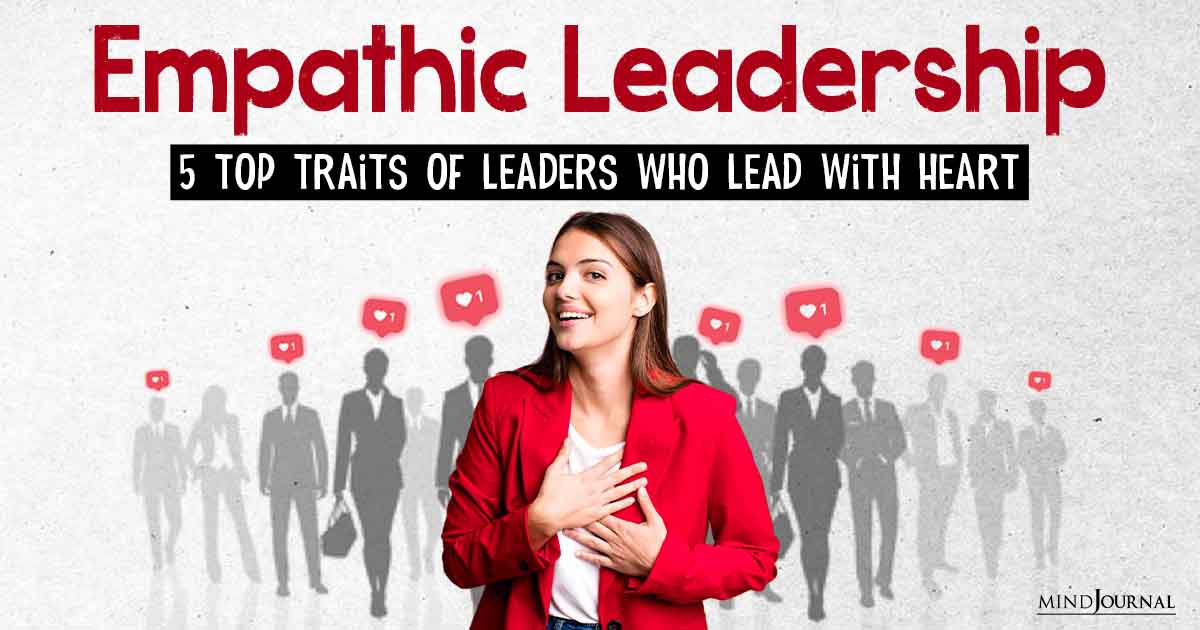
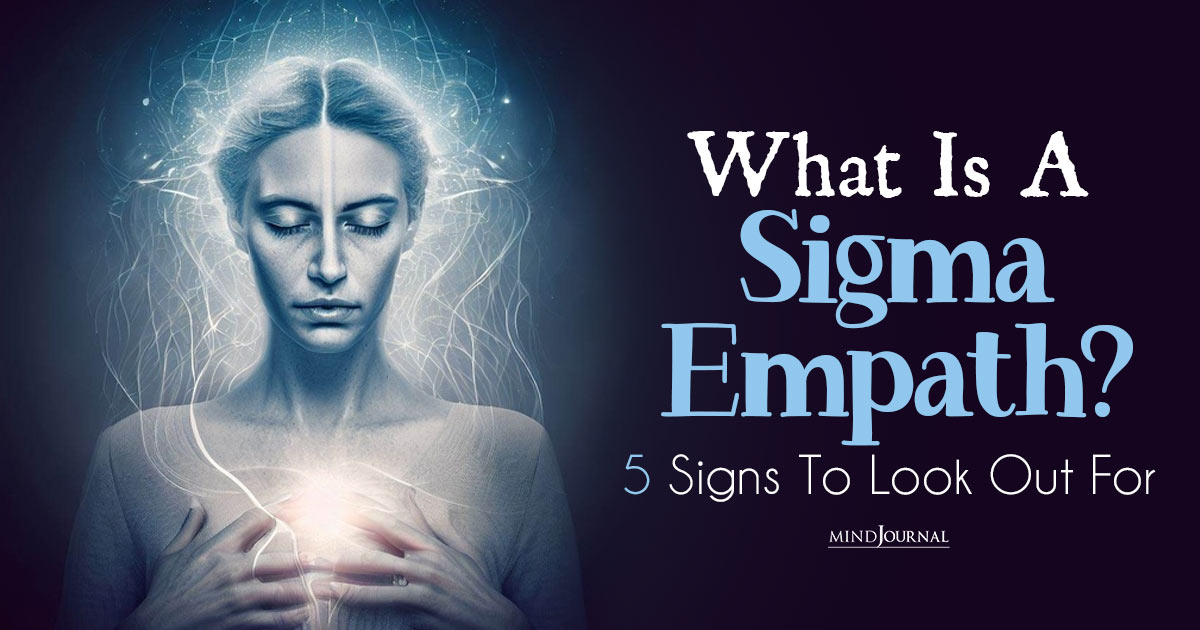
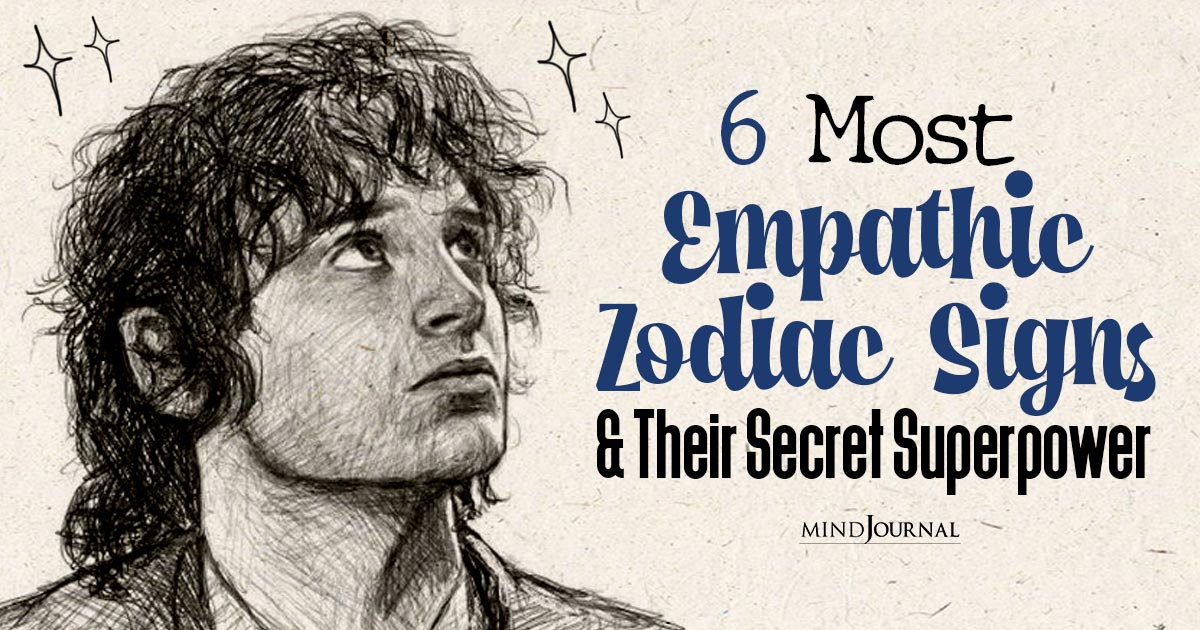

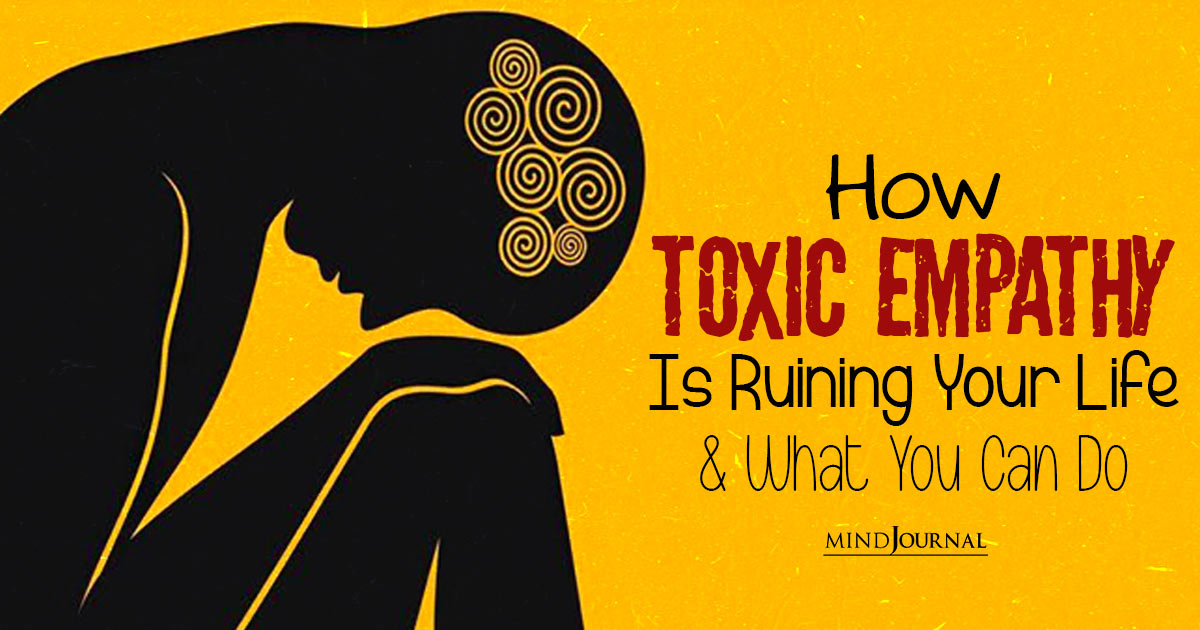
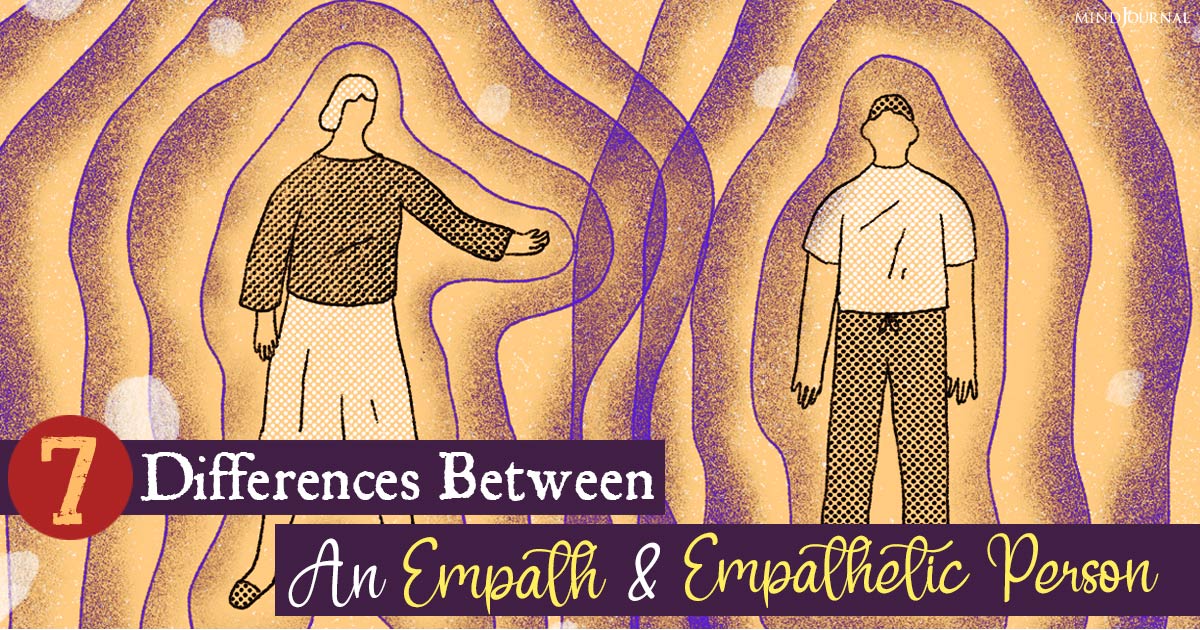
Leave a Reply
You must be logged in to post a comment.